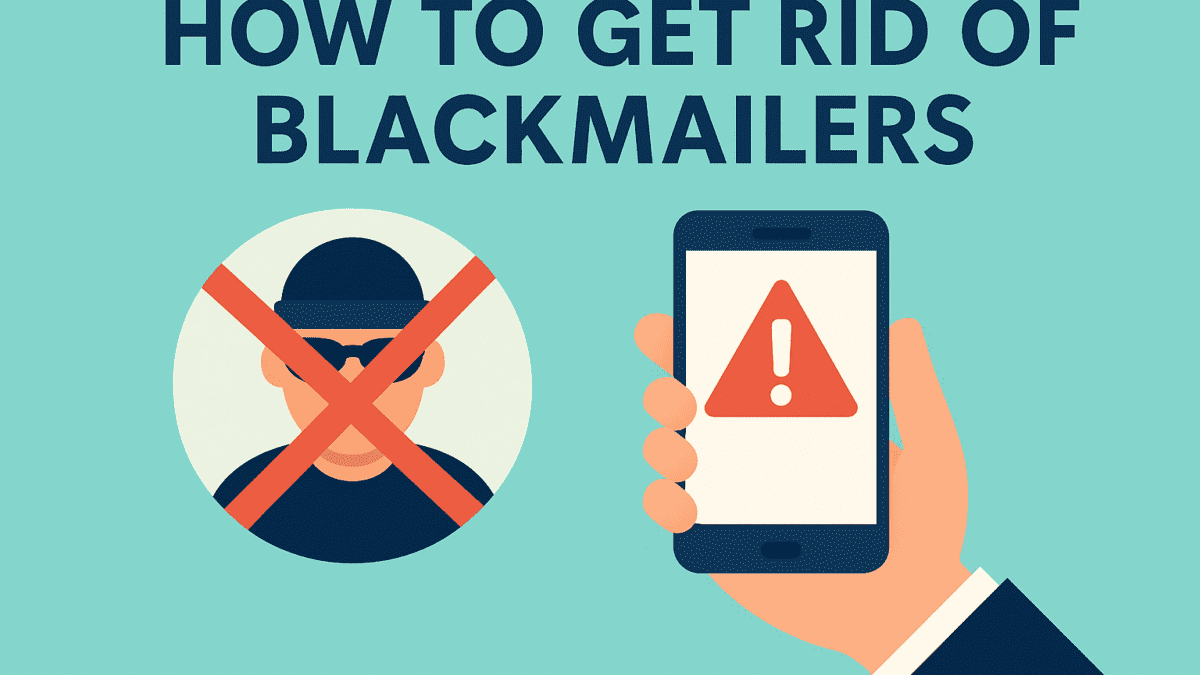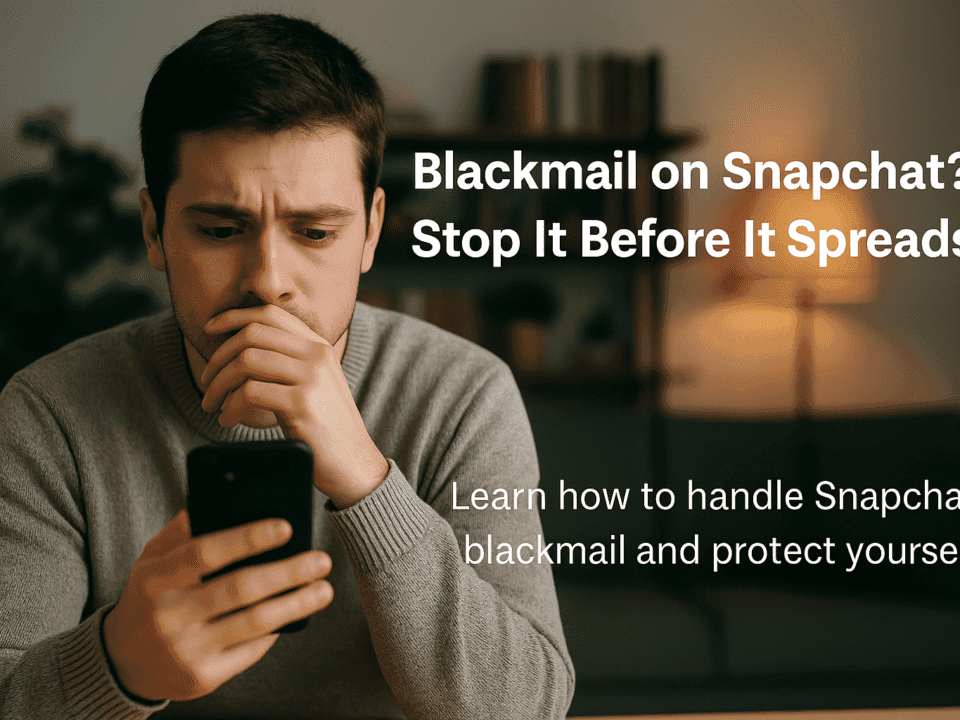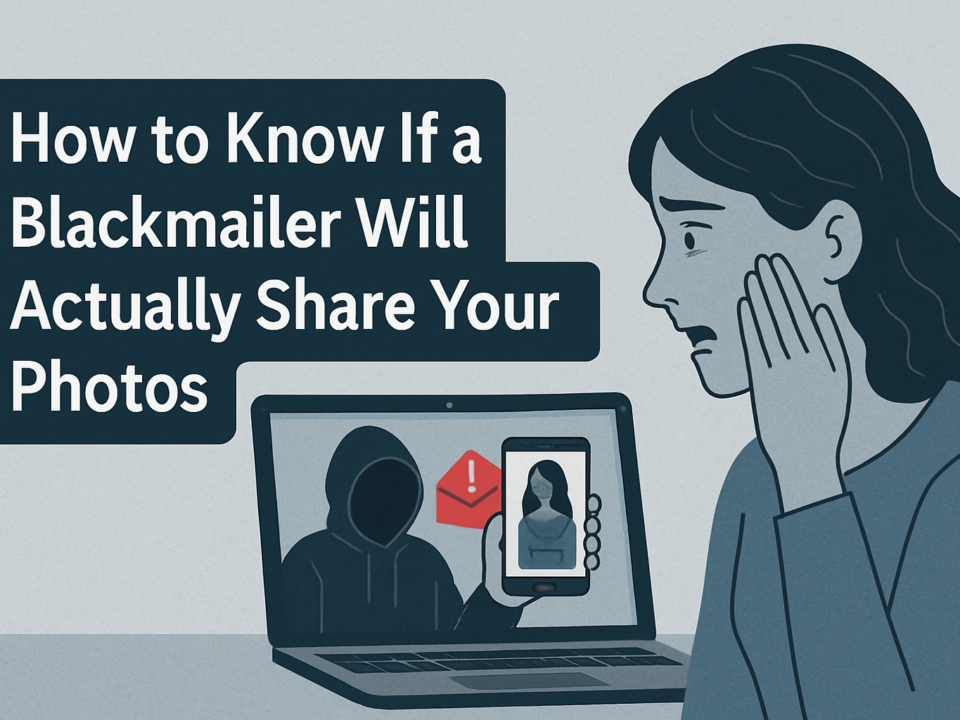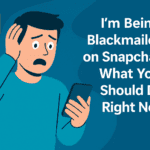
I’m Being Blackmailed on Snapchat — What Should I Do?
July 3, 2025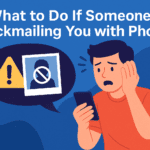
What to Do If Someone Is Blackmailing You with Photos
July 4, 2025If you're searching "how to get rid of blackmailers," you're likely facing something overwhelming and urgent. Whether someone is threatening to leak your private photos or expose personal messages, the fear is real.
This guide isn’t about theory. It’s about what actually works when you’re being blackmailed online — especially when you're being pressured to send money. You have more control than you think.
1. Don’t Respond to the Blackmailer
The first rule is also the hardest: do not reply.
Blackmailers feed on fear. Every message you send confirms that you’re scared, and that makes you a target for more demands. If you've already replied, it's okay — just stop now.
The less you engage, the faster they lose interest.
Silence isn't weakness — it's strategy.
2. Save All Evidence Before Blocking
Before you block them, document everything:
Screenshots of threats
Usernames and profile URLs
Chat history and time stamps
Payment demands (even if you didn’t pay)
This will help if you decide to report the crime or get expert help.
3. Block All Accounts They Use to Contact You
Blackmailers often message from multiple or fake accounts. Block each one.
If they create new accounts to threaten you again, block those too. Don’t reply. Every reply makes you more vulnerable.
4. Secure Your Digital Presence
While you’re cutting them off, also protect your digital footprint:
Change passwords (especially for email and social media)
Enable two-factor authentication (2FA)
Check for unusual login activity
This step is essential to prevent them from gaining access to more private data.
For detailed steps, see our guide on how to protect your privacy online from blackmailers.
If you need help creating stronger security practices, you can also explore Google’s official account protection guide.
5. Don’t Send Money — It Only Makes Things Worse
It’s tempting to believe that paying them will make it stop. But it rarely does.
Victims who pay are often targeted again. The blackmailer now sees you as “payable.”
Instead of fixing the problem, payment invites more threats.
Read more about why you should never pay a blackmailer.
6. Report the Blackmail (Anonymously if Needed)
Depending on your country, you can report the crime to:
Local cybercrime police
National fraud centers
Platforms like Instagram, Snapchat, or WhatsApp
You can also report anonymously through ReportFraud.ftc.gov if you're in the U.S.
7. Get Professional Help
You don’t have to handle this alone. Some cases are more advanced — where content is already shared, or the blackmailer has your contact list.
In these situations, experts can:
Help remove content from the internet
Disrupt blackmailer access
Trace their activity (in some cases)
Guide you step-by-step through recovery
We can help with removing leaked content from the internet.
At Blackmail Shield, we’ve helped thousands of people take back control of their lives. It’s confidential, fast, and judgment-free.
Final Thoughts
Knowing how to get rid of blackmailers is about more than just stopping the messages — it’s about getting your peace of mind back.
Take screenshots, block them, secure your accounts, and never send money. And if you feel overwhelmed, reach out. The sooner you act, the easier it is to regain control.

